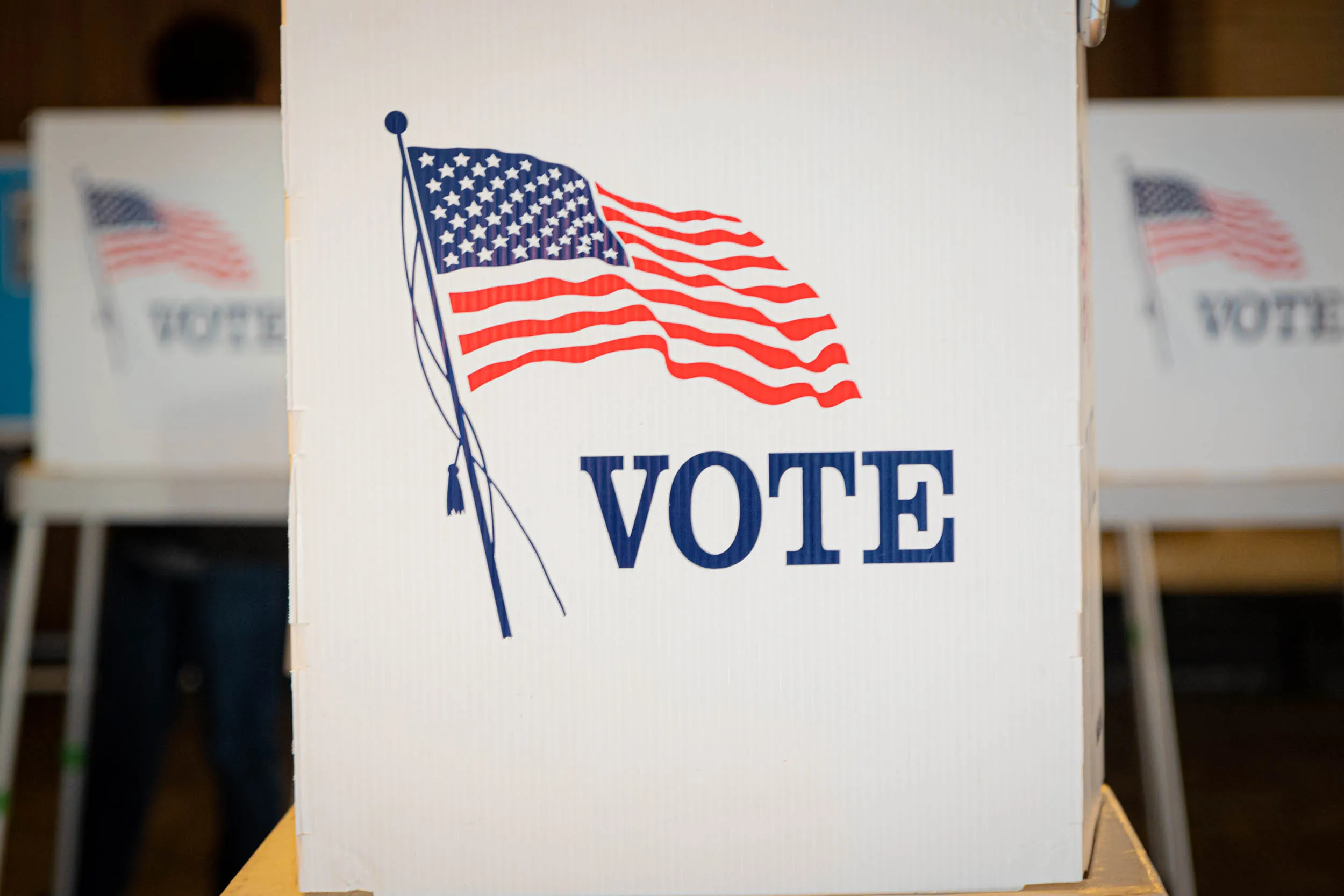Content warning: This article contains references to suicide and gun violence.
I grew up in Albuquerque, N.M. — a city known for its breathtaking sunsets, hot air balloons and a supportive, close-knit community that truly feels like home. It’s a place I love, but one rife with challenges. New Mexico ranks last in education among states, and our suicide rate is 1.5 times the national average. Homelessness surged by nearly 50% just last year. These aren’t just statistics to me — they are the realities I’ve watched unfold in my community, affecting friends, classmates and family.
One experience that haunts me is the day one of my classmates took his own life during my sophomore year. The shock and grief rippled through our school. Just a few months later, another friend was killed by a stray bullet. These tragedies could have been prevented if we had stronger policies and leaders who prioritized mental health and public safety. But inadequate leadership and outdated policies led us here — and it’s why I’m committed to voting in this upcoming election.
My work with officials in New Mexico made me realize how much of an uphill battle we are fighting when it comes to addressing youth issues, especially when policymakers aren’t focused on the needs of younger generations. As a high school student working in local offices across New Mexico, I researched and developed solutions for the issues impacting the people around me. I remember the excitement of finding a project that not only worked but was feasible for the city to take on. Yet, when my team and I presented these ideas, the response from “higher ups” often echoed the same message: a lack of resources, staffing, or even interest in tackling these problems.
What I saw was this — with so much focus on electoral wins and “easier” issues, those in power often ignored the deeper problems affecting my classmates such as mental health, gun violence and education. These issues are urgent, but solutions often feel out of reach. What’s more, local communities are often in the dark about what’s really happening at the local level, which disempowers them from making informed choices about who to vote for. Engaging and informing our local communities means we can amplify our voice and represent the specific needs of our community, making it more likely that the projects people need would actually be addressed.
Voting isn’t just about civic duty. For communities like mine, it’s a matter of survival. The right leadership could mean fewer lost lives, more opportunities and better outcomes for the next generation. Yet many of the people around me still don’t plan to vote. At Stanford, I see friends and classmates — many of whom are eligible to vote for the very first time — expressing indifference or frustration. Given the political landscape we find ourselves in, I can’t say I entirely blame them.
This election has highlighted widespread dissatisfaction with both candidates. Former President Trump appeals to Republicans hoping for economic improvement, but his controversial actions — like inciting the Jan. 6 insurrection — and lack of clear plans to improve key issues like the economy and foreign policy have caused voters to be critical of him. Vice President Kamala Harris, on the other hand, represents a historic candidacy as a woman of color, yet many remain skeptical of her policies and efficiency. It’s understandable why many young voters feel disconnected from both candidates, unsure if either candidate fully represents their values.
But even if you do feel disillusioned, I urge you to vote.
You’ll encounter issues that feel personal, especially ones that you’ve lived through or seen in the lives of those around you. In this election, the candidates will offer their visions for how to address these issues — and that’s why it’s so important to pay attention to what they’re proposing.
Moreover, our vote as college students arguably matters more. Young voters under the age of 35 account for roughly 29% of the national electorate, so we represent a huge voting bloc of the country. While college students as a voting bloc are incredibly diverse, it’s important for the subgroup to stay together and show up at the polls, especially at a time when many of the interests of younger college individuals tend to diverge from older generations. Economic issues seem to hit hardest for our generation, who are often affected by high living and education costs. Young people’s views on a host of sociopolitical issues (e.g. abortion, the Israel-Hamas conflict and immigration) differ vastly from those of other groups.
You may not like either candidate, and you may feel that neither candidate represents your best interests. Regardless — by not casting a vote, you’re essentially allowing others to make decisions on your behalf, regardless of whether you agree with them or not. The two candidates are different in a number of ways; it is worth analyzing their platforms to find which one, perhaps, you resonate with a little more. It will at least be a small step towards the world you want to see.
Your vote matters, and sitting out only worsens the circumstances around us.
The clock is ticking, but there’s still time. You have the power to decide who to vote for and the ability to create change. Whether you’ve made your choice or are still exploring your options, I encourage you to use the resources available at Stanford to learn more about the election, register and turn out to vote.
Click here to register to vote.
